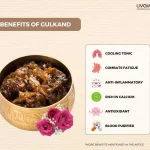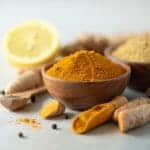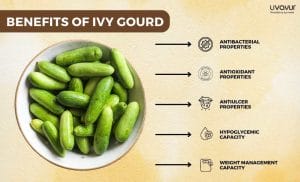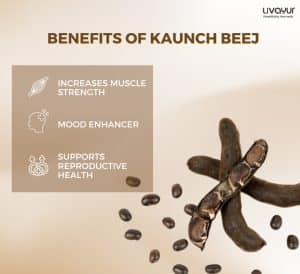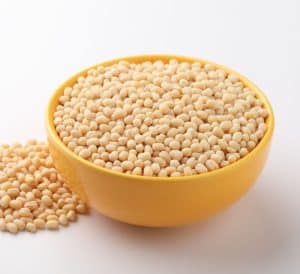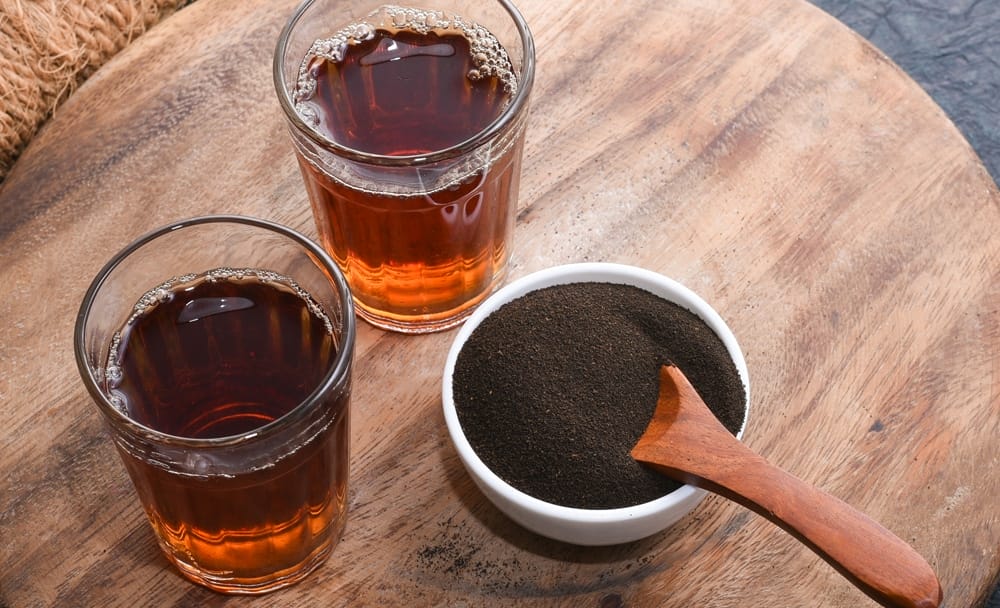
The mesmerizing Nilgiri hills, which sprawl through the states of Tamil Nadu, Kerala, and Karnataka, are home to the Toda tribe and tea gardens that help in creating fragrant cups of Nilgiri tea. This variety of tea is slightly fruity and minty in flavor because trees such as Eucalyptus and Blue Gum dot the region. The spices cultivated near the tea gardens lend briskness to the light brew. The well-balanced blend of flavor and body makes Nilgiri tea a wondrous dream for blenders.
The Nilgiri hills (which are also known as the “Blue Mountains”) fall under the influence both northeast and southwest monsoons. Hence, its tea leaves are plucked throughout the year. Nilgiri Orthodox tea is a successfully registered GI (Geographical Indication).
More About Nilgiri Tea
Nilgiri tea is a delectably fragrant and delightfully aromatic tea, replete with high tones of subtle floral notes and a golden-yellow liquor. Moreover, the leaves are crisply brisk and bright. Nilgiri tea leaves behind lingering notes of dusk flowers with an undercurrent of briskness. It has a creamy feel, making it an exceptionally great flavoured tea to be enjoyed after a day of work.
Why Is Nilgiri Tea Healthy?
Consuming Nilgiri tea is extremely advantageous. If you have problems with your digestive system, sipping on a glass of this tea may help in relaxing your stomach. Nilgiri tea is a rich source of flavonoids that help in increasing blood supply and boosting the supply of blood to the heart.
Moreover, the tea is replete with antibacterial and anti-inflammatory properties. It ensures that you recover from illnesses promptly, while simultaneously strengthening your immune system.
While tea is not a magical fountain inducing youth, it helps in protecting the body from harm that is caused by stress and atmospheric toxins. Black varieties of teas (such as Nilgiri tea) have copious amounts of antioxidants that are presently being researched for their innate ability to shield body cells from degeneration caused by exposure to pollutants and everyday stressors. This eventually implies that daily consumption of tea slows down the ageing process. In addition, this tea may inhibit growth of tumour cells that can lead to cancer.
Nilgiri Tea Benefits
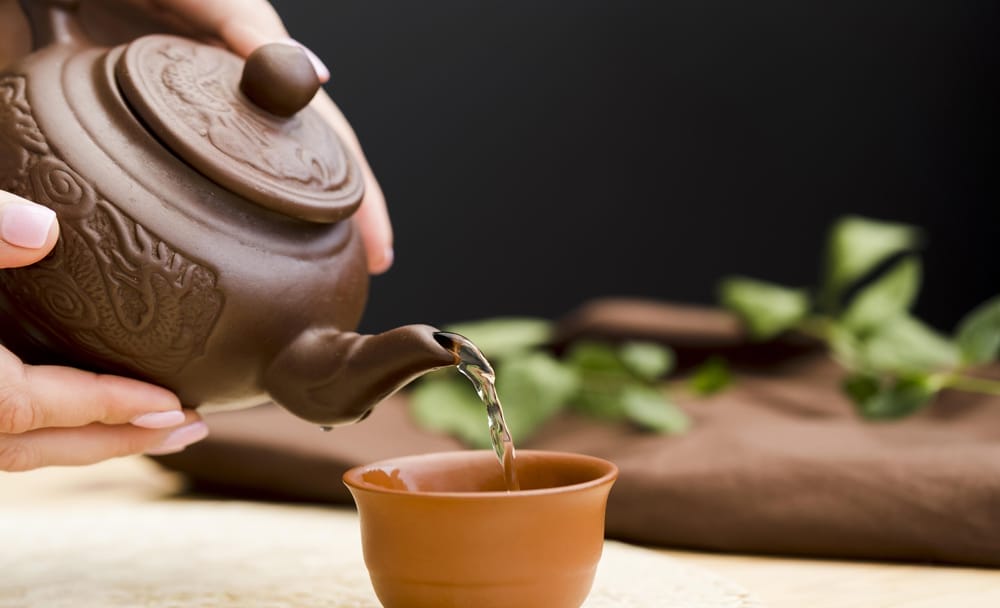
1. Functions As an Antioxidant
Antioxidants are needed to help in eliminating oxidative stress and mitigating cell damage in the body. This can eventually have immense help when it comes to reducing the risks of cardiovascular disease. Polysaccharides (which are present in Nilgiri tea) are potent antioxidants. Polyphenol varieties (including hesperidin, theaflavins, and quercetin) are primary natural antioxidants, which are found in this tea and can help in promoting sound health.
2. Levels Of Cholesterol
Due to continuous intake of unhealthy diets, many individuals have elevated levels of cholesterol in their blood, which can be a primary cause of heart attacks. When Nilgiri tea is consumed twice daily, the risks of developing cardiovascular disease decrease. Because it contains flavonoids, Nilgiri tea lowers levels of unhealthy or bad cholesterol.
3. Helps In Losing Weight
Nilgiri tea comes close to a zero-calorie tea that helps in shedding excessive weight. As noted above, it is a rich source of antioxidants that improve metabolism and increase the capacity of burning fat.
4. Lowers The Risks Of Diabetes
Because it is a decaffeinated tea, it has an abundance of polysaccharides that help in holding back blood glucose absorption. Those with diabetes can reap this tea’s myriad benefits when consumed on an everyday basis. This beverage is one of the most optimum herbal treatments when it comes to the management of blood sugar levels.
How To Make Classic Nilgiri Tea?
Ingredients
- 1/2 cup (Nilgiri tea leaves)
- 200 ml (Water)
- ½ cup (Milk)
- Sugar or Honey (to sweeten the tea)
Instructions
- Boil 200 ml of water in a teapot.
- Pour milk and boil for three minutes.
- Add Nilgiri tea leaves to the boiling mixture.
- Steep for around 10 minutes.
- Sweeten the tea with sugar or honey.
On A Final Note
Nilgiri tea is cultivated in the Nilgiri mountains that lie in southern India. The region is blessed with a warm climate, like that of Darjeeling. Nilgiri tea plantations produce a wide range of teas, including black tea, green tea, and spearmint tea. The best part of the Nilgiri tea leaf is its characteristic aroma and distinct taste. In addition, it offers a wide range of health benefits because it has an abundance of antioxidants. In addition, Nilgiri tea helps in lowering bad cholesterol levels, inducing weight loss, and regulating blood sugar levels.







